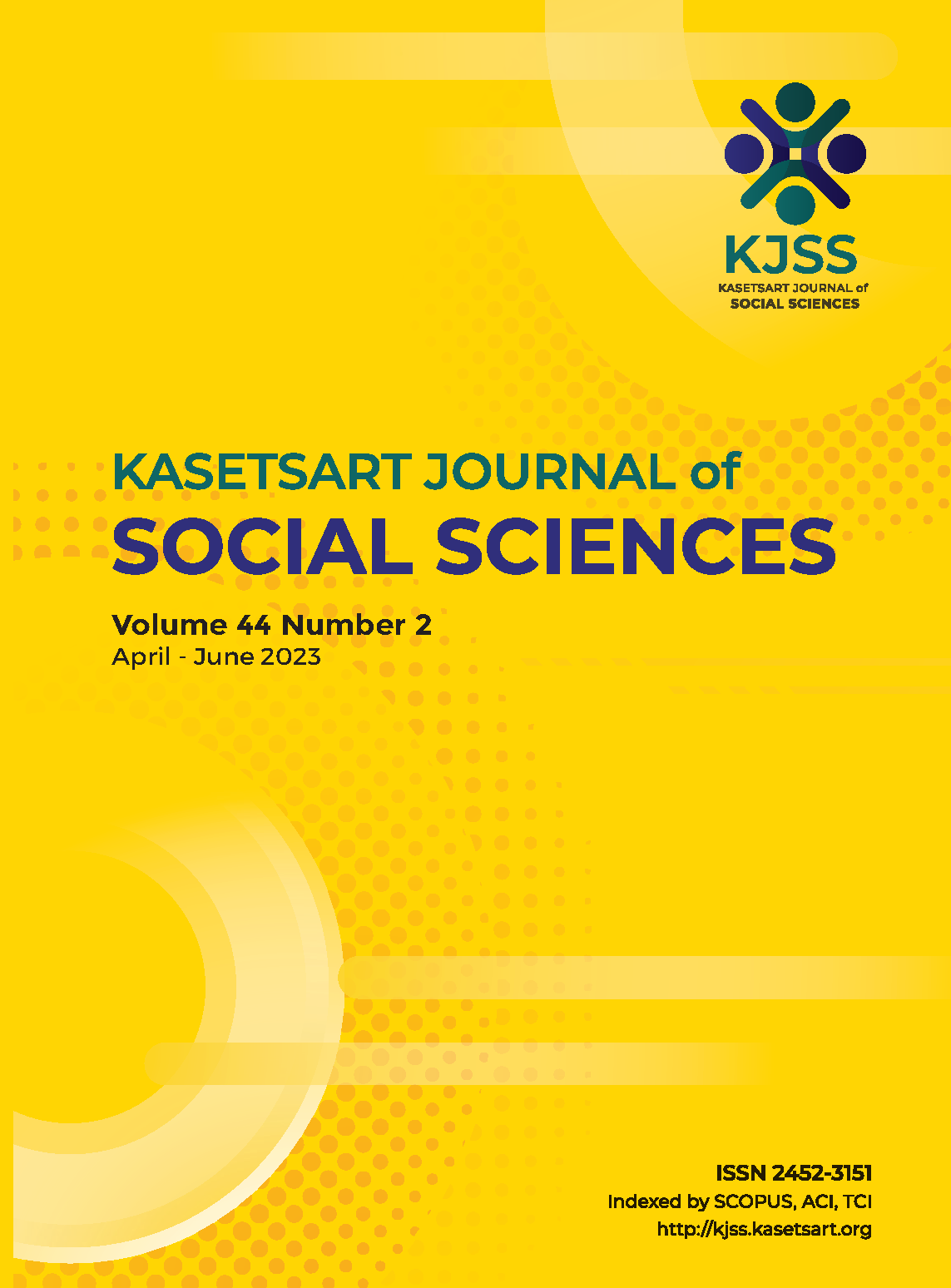A phenomenological study of parental involvement in children’s homeschooling
Keywords:
homeschool, lived-experience, parental involvement, phenomenologyAbstract
The objectives of this qualitative research were: (1) to study parents’ lived experiences with parental involvement in children’s homeschooling; and (2) to interpret and describe the various units of meanings from parents’ lived experiences with parental involvement in children’s homeschooling. Hermeneutical phenomenology was employed to holistically explore this phenomenon, and surpass the pre-existing notions. Hence, a series of in-depth phenomenological-interviews were carried out with seven homeschool parents. After the anecdotal descriptions of the lived experiences were analyzed, under the two overarching themes, seven themes were found. These themes are: (1) understanding, strong sense of self and learning methodology; (2) finding and accepting homeschooling; (3) traditional education as a positive constraint; (4) wearing two hats and multiple roles; (5) balancing between nature and nurture; (6) learning methodology; and (7) parent’s expectations. These findings show that parental involvement in children’s homeschooling hold rich and insightful lived-experiences, which should be theoretically considered and further explored to fulfill the comprehensiveness of the doctrine.
Downloads
Published
How to Cite
Issue
Section
License

This work is licensed under a Creative Commons Attribution-NonCommercial-NoDerivatives 4.0 International License.
This is an open access article under the CC BY-NC-ND license http://creativecommons.org/licenses/by-nc-nd/4.0/










